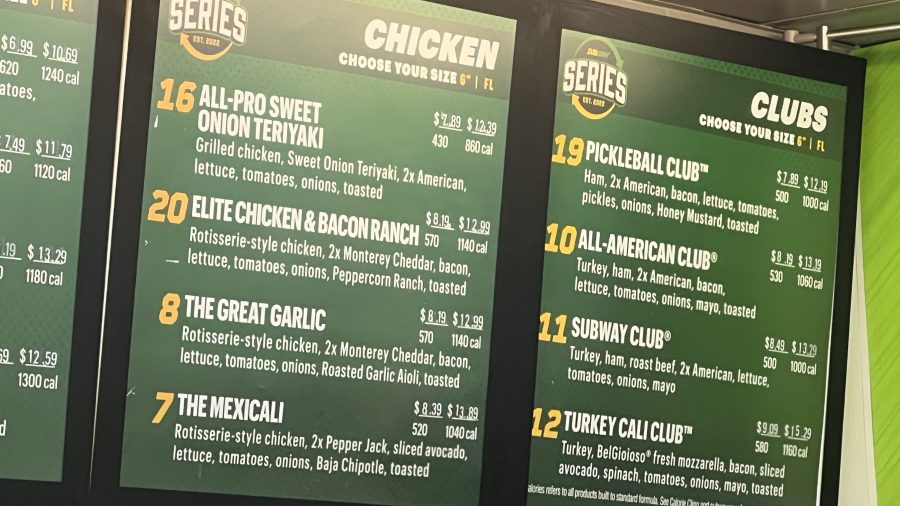Californians are likely experiencing sticker shock at fast food restaurants, many of which have raised prices due to the new state law that boosted the hourly minimum wage for their workers from $16 to $20 on April 1.
According to recent data from market research firm Datassential, fast-food and fast-casual restaurants in the Golden State have raised menu prices by 10% overall, based on an analysis of 70 large restaurant chains and thousands of individual restaurants.
Chick-fil-A raised prices by 10.6% between Feb. 15 and April 15, another analysis found, while Starbucks has raised them by 7.8%, Shake Shack by 7.7%, Chipotle by 6.9% and Taco Bell by 4.1%.
Subway, once famous for its “$5 Footlong” sandwich promotion, has also raised menu prices by as much as 10%, a franchisee told the New York Post.
Photos of the menu at a Los Angeles Subway location showed 6-inch sandwiches starting at $7 and 12-inch sandwiches starting at $10.69. Subway did not respond to KTLA’s request for comment.

California lawmakers passed Assembly Bill 1228, and Gov. Gavin Newsom signed the legislation into law last year.
Proponents argued that a wage increase was needed since many of the 500,000 Californians who work in fast food restaurants are no longer teenagers earning spending money but rather adults working to support their families.
“We did not just raise the minimum wage to $20 an hour for fast food workers,” the bill’s sponsor, Assemblymember Chris Holden (D-Pasadena), said at the time. “We helped a father or mother feed their children, we helped a student put gas in their car, and helped a grandparent get their grandchild a birthday gift.”
The higher labor costs in California are having largely predictable outcomes as fast food franchisees pass along the cost to diners.
This approach, however, could backfire, says Kareem Nassar, CEO of American QSR and a Popeyes franchisee who does not own locations in California.
“It’s a risky response because the consumer is usually unwilling to accept the increase. It’s foolish to make our challenge the customer’s problem,” Nassar told KTLA 5 News. “Increasing prices will shift customers to different menus and stores that resist increasing sales costs. Also, when you stretch the potential customer’s budget, they respond by frequenting your restaurants fewer times.”
Instead, Nassar says franchisees should focus on reducing labor costs – only not through layoffs.
“A better answer is to reduce overtime by focusing on resources surrounding staffing levels,” he says, arguing that franchisees could work harder to reduce employee turnover.
“On average, restaurants lose 3 or 4 new employees a month. Just think about the total investment in a new hire. It takes 60 to 80 hours for a new employee to become proficient in their role. Do we really want to keep losing people we’ve invested that much time in?” Nassar said.
Supporters hope the $20 minimum wage boost will make fast food employment a more viable career choice. It puts the onus, Nassar argues, on employers to forge a viable path forward for their businesses.
“One answer is to hire better and create a culture that keeps good people,” he says.











